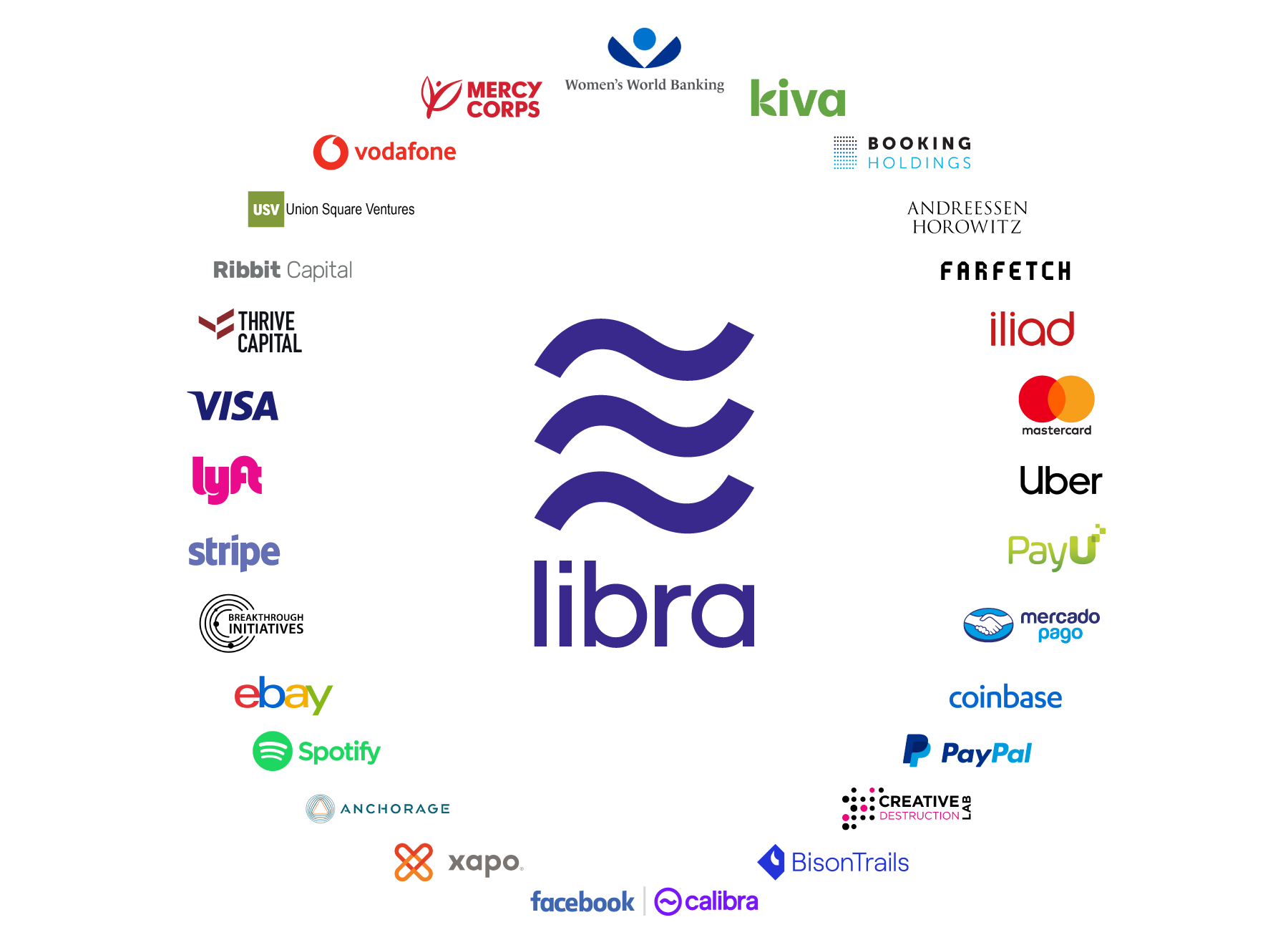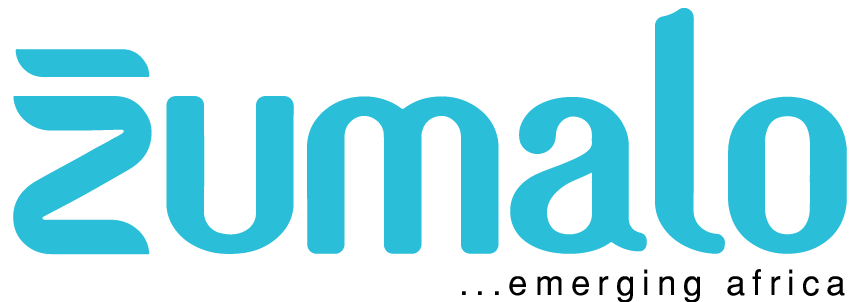What you need to know about Calibra
June was an amazing month for digital currency in the world as different stakeholders drummed up conversations to understand Facebook’s newly launched product, Calibra.
For a lot of people who had doubt about the future of blockchain in cryptocurrency, this was a step further in gaining trust and for people who already believe; this became an interesting talking point to strengthen the stance.
A lot of the existing blockchain systems have failed to reach mainstream adoption. Mass usage of existing blockchains and cryptocurrencies have been hindered by volatility and lack of tangible opportunities to scalable. As a result, most of what we have now are just poor stores of value and mediums of exchange. Also, the fact that some projects have also aimed to disrupt existing systems and bypass regulation as opposed to innovating on compliance and regulatory fronts has caused more fears that faith.
Would Calibra change things?
What is Calibra?
It is a Facebook subsidiary with a goal to provide financial services that will let people access and participate in the Libra network—a global currency and financial infrastructure. Calibra’s first product would be a digital wallet for the currency that will be powered by blockchain technology. According to Facebook, the wallet which should be launched in 2020 will be available in Messenger, WhatsApp and as a standalone app.
In Calibra, you will be able to use, send and spend Libra. It will also let you send Libra to almost anyone with a smartphone, as easily and instantly as you might send a text message and at low to no cost. “…in time, we hope to offer additional services for people and businesses, like paying bills with the push of a button, buying a cup of coffee with the scan of a code or riding your local public transit without needing to carry cash or a metro pass”, Facebook added.
Here’s a sneak peek at what the experience of using Calibra will be like:

Facebook has promised that Calibra will have strong protections in place to keep your money and your information safe using the same verification and anti-fraud process deployed by banks and credit cards. On the major issue of data privacy, the company says account information or financial data will not be used to improve Ad targeting on the Facebook family of products.
The Digital Currency will be Libra
According to the whitepaper on Libra; it is an answer to the world’s need for a reliable digital currency and infrastructure that can help us achieve the internet of money. It is meant to be an accessible way to secure your financial assets on your mobile device with an easy way to move money globally—as simple and safer as sending a text.
It is made up of three parts:
- It is built on a secure, scalable, and reliable blockchain;
- It is backed by a reserve of assets designed to give it intrinsic value;
- It is governed by the independent Libra Association tasked with evolving the ecosystem.
How is Libra different from other cryptocurrencies?
It is built on the Libra Blockchain—an open-source software. The fact that it is open source means that it would give room for an interoperable ecosystem where developers and organizations can build financial services to help people and businesses hold and transfer Libra for everyday use.
The blockchain is built from the ground up to prioritize scalability, security, efficiency in storage and throughput, and future adaptability. Unlike the majority of cryptocurrencies, Libra is fully backed by a reserve of real assets. Facebook adds that a basket of bank deposits and short-term government securities will be held in the Libra Reserve for every Libra that is created, building trust in its intrinsic value.
An independent,not-for-profit membership organisation— the Libra Association—headquartered in Geneva will coordinate and provide a framework for governance of the network and reserve; it will also lead social impact grant making in support of financial inclusion.
Some of the members of the Libra Association (a geographically distributed and diverse businesses, nonprofit, multilateral organisations and academic institutions) include:
- Payments: Mastercard, Mercado Pago, PayPal, PayU (Naspers’ fintech arm), Stripe, Visa
- Technology and marketplaces: Booking Holdings, eBay, Facebook/Calibra, Farfetch, Lyft, Spotify AB, Uber Technologies, Inc.
- Telecommunications: Iliad, Vodafone Group
- Blockchain: Anchorage, Bison Trails, Coinbase, Inc., Xapo Holdings Limited
- Venture Capital: Andreessen Horowitz, Breakthrough Initiatives, Ribbit Capital, Thrive Capital, Union Square Ventures
- Nonprofit and multilateral organizations, and academic institutions: Creative Destruction Lab, Kiva, Mercy Corps, Women’s World Banking
This initial group of organizations will work together on finalizing the association’s charter and become “Founding Members” upon its completion. However, the announced plan is that the association will have approximately 100 members by the target launch in the first half of 2020.

Reactions so far
The Russian Ministry of Finance has explained that it will not issue any special regulations for Facebook. According to the news agency Interfax., Deputy minister Alexei Moisseev added that Libra will be treated in Russia like any other digital asset, regulations for which are coming. “On the other hand, no cryptocurrency of any sort will ever become legal tender in Russia, Moisseev said. “The ruble is our national currency and all operations should be conducted using it.” he added.
“…Libra, by contrast, is permissioned, meaning only a few trusted entities can keep track of the ledger. That makes it more like a digital currency rather than a cryptocurrency…I actually agree with the folks who’ve been saying that this actually isn’t really a cryptocurrency at all” says Lana Swartz, an assistant professor of media studies at the University of Virginia who’s studied the bitcoin community extensively.
Leading Tax lawyers in Europe have also warned that Libra will cause immediate tax problems for users in Europe leading to a break in mainstream adoption.
The Economic Times, India’s biggest business daily, reports that Libra will not be available in India, citing people with direct knowledge of the matter:
“The social network’s digital wallet, Calibra, won’t be available in markets where “cryptocurrencies are banned or Facebook is restricted from operating in,” the person said. “Facebook has not filed any application with RBI (Reserve Bank of India) for its cryptocurrency in India,” said a second person aware of the matter. RBI did not respond to queries from ET.
India has maintained institutional hostility to cryptocurrencies implementing measures to discourage adoption of the likes of bitcoin.
However, Facebook wants to build the evolution of PayPal that will have a seamless setup, more ubiquitous payment method, more efficient platform with lesser fees and a digital currency accessible to everybody with a smart device. The big questions are how would Libra deal with the many regulatory hurdles in different countries of operations? Would it be ignored by consumers who see it as too much work for too little reward, or too unfamiliar to use?
Other questions include: what will happen in terms of the relationship between Libra and national currencies of already vulnerable economies? How will it affect inflation? How will it deal with the dangers of international money laundering? There are more questions to be answered before the launch next year but if Facebook can convince its over 2 billion users to come on board; the financial system may be in for an interesting run.




